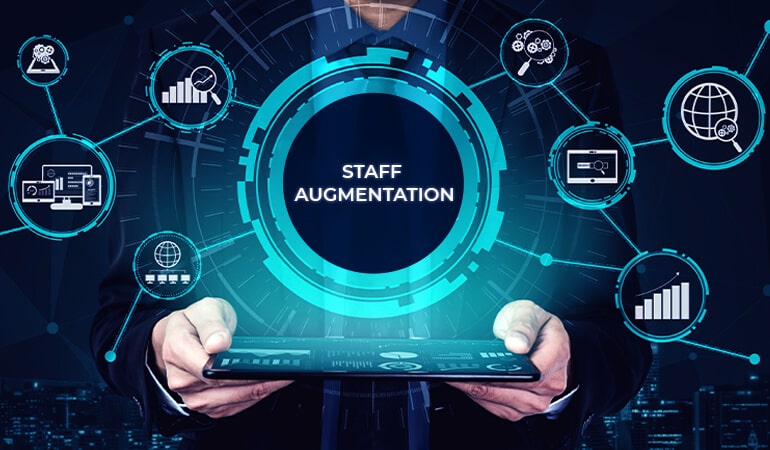Agile project management has revolutionized the way IT teams deliver value and handle complex projects. Innerworks International leverages Agile methodologies to help businesses navigate rapid technological changes and evolving customer needs. This approach prioritizes flexibility, collaboration, and continuous improvement, making it essential for IT success in a competitive landscape.
Agile is a mindset and methodology that focuses on iterative development, customer collaboration, and responsiveness to change. Unlike traditional waterfall methods, Agile breaks projects into smaller increments, allowing teams to adapt quickly as requirements evolve. Innerworks International embraces Agile to deliver projects faster while maintaining high quality and stakeholder satisfaction.
What is Agile Project Management?
Agile project management revolves around principles such as incremental delivery, adaptive planning, and cross-functional teamwork. Its origins lie in software development but have since expanded into broader IT services and beyond. Popular Agile frameworks include Scrum, Kanban, Lean, and Extreme Programming (XP), each offering unique techniques for managing workflows and priorities.
The Core Principles of Agile That Drive IT Success
Agile’s strength lies in its core principles that directly impact project outcomes. Continuous collaboration between teams and stakeholders ensures that project goals align with business needs. Adaptability enables teams to embrace change without derailing progress. Iterative delivery provides frequent opportunities to gather feedback and improve the product. Innerworks International integrates these principles into every IT project, ensuring that each phase builds value and quality.
Benefits of Agile for IT Projects
Projects managed with Agile methodologies typically experience faster time-to-market, as teams deliver usable increments regularly. Innerworks International’s Agile teams enhance transparency by keeping stakeholders informed through regular meetings and updates. Risks are managed proactively, with iterative reviews allowing quick course corrections. Customer satisfaction increases as feedback loops enable the product to evolve according to actual user needs. Agile also boosts team morale and productivity by encouraging autonomy and open communication.
Key Agile Methodologies in IT Project Management
Scrum remains one of the most widely used Agile frameworks, organizing work into fixed-length sprints and defining clear roles such as Scrum Master, Product Owner, and Development Team. Innerworks International applies Scrum to foster focus and accountability within IT projects. Kanban emphasizes visualizing workflow and limiting work-in-progress to optimize efficiency and reduce bottlenecks. Lean targets waste elimination and streamlining processes, which Innerworks International incorporates to maximize resource use. Extreme Programming (XP) focuses on technical excellence through practices like continuous integration and automated testing, ensuring robust software delivery.
Implementing Agile in IT: Best Practices
Successful Agile adoption requires a cultural shift toward collaboration and openness. Innerworks International promotes establishing clear goals and priorities that guide Agile teams effectively. Selecting the right framework—whether Scrum, Kanban, or a hybrid—depends on project needs and team dynamics. Utilizing Agile project management tools like Jira, Trello, or Asana helps track progress and maintain transparency. Continuous training and coaching are vital to sustaining Agile practices and empowering team members.
Common Challenges and How to Overcome Them
Resistance to change often poses the biggest hurdle when transitioning to Agile. Innerworks International addresses this by engaging leadership and staff early, demonstrating Agile’s benefits through pilot projects. Aligning business objectives with IT deliverables ensures that Agile efforts contribute to strategic goals. Maintaining scope control without sacrificing flexibility is managed through prioritization and iterative planning. Consistent stakeholder engagement is encouraged via regular demos and feedback sessions, reducing misunderstandings and building trust.
The Future of Agile in IT Project Management
Agile continues to evolve, integrating with DevOps to support continuous integration and delivery pipelines. Innerworks International stays ahead by incorporating AI and automation tools to optimize Agile workflows and decision-making. Large enterprises increasingly adopt scaling frameworks such as SAFe, LeSS, and Disciplined Agile to coordinate multiple Agile teams. Agile is no longer limited to software development; it applies to cybersecurity projects, cloud migrations, data initiatives, and more, expanding its impact across IT domains.
Takeaway
Agile project management is a proven pathway to IT success, offering adaptability, speed, and enhanced collaboration. Innerworks International’s expertise in Agile methodologies enables organizations to respond effectively to change and deliver high-quality outcomes. Embracing Agile paves the way for sustained innovation and competitive advantage in the fast-paced IT landscape.
FAQ
What’s the difference between Agile and Scrum?
Agile is a broad philosophy emphasizing iterative progress and flexibility. Scrum is a specific Agile framework that structures work into sprints with defined roles and ceremonies.
Is Agile suitable for non-software IT projects?
Yes. Agile’s principles apply to various IT initiatives including infrastructure upgrades, cybersecurity, and cloud migration, enhancing responsiveness and delivery quality.
How long does it take to implement Agile effectively?
Implementation time varies by organization size and culture but generally takes several months with ongoing coaching and adaptation for best results.
Can Agile work with fixed deadlines?
Agile can accommodate fixed deadlines by prioritizing features and focusing on delivering the most valuable outcomes within the time frame.
What tools are best for Agile project management?
Popular tools include Jira, Trello, and Asana, which facilitate task tracking, collaboration, and transparency in Agile projects.











